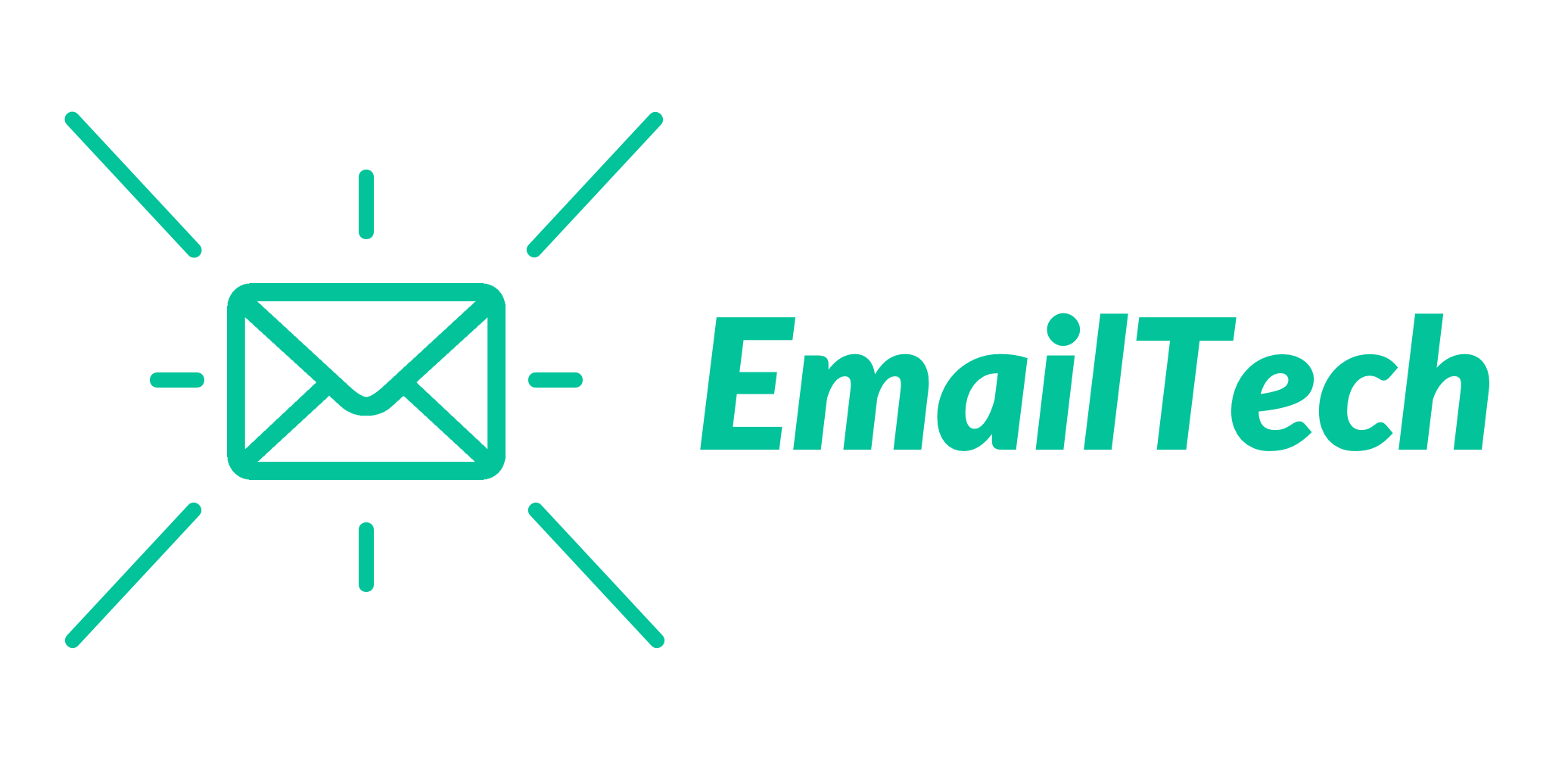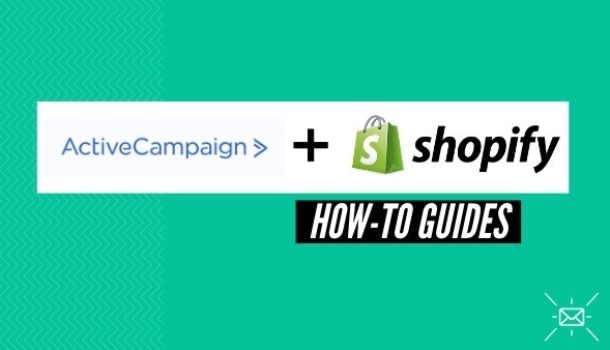If you are wondering which software offers the best ecommerce features – you want to check out the ActiveCampaign Shopify plugin ability. For small to business sized businesses, ActiveCampaign is amongst the top-rated email marketing platform.
This email marketing software does an especially excellent job when it comes to customer relationship management.
However, ActiveCampaign also delivers exceptional ecommerce features thanks to its Shopify integration. Thanks to this seamless plugin ability, you will enjoy synergized email marketing features, CRM features, and ecommerce features all in one place- eliminating unwanted redundancies and processes that would otherwise take too much of your time.
Additionally, thanks to this ability, even non-tech savvies can take full advantage of the email marketing software and ecommerce features without having to go through a series of processes they have no clue in executing in the first place. However, the best part about the ActiveCampaign Shopify plugin is that you will not have to incur multiple costs – saving significantly on your business so you can allocate your cash elsewhere where it’s really needed.
Nevertheless, to make full use of these features, you must first learn the right way to execute the integration. Below, we’ve shared a clear foolproof guide on how to execute an ActiveCampaign Shopify integration.
Key ActiveCampaign Features
Whilst the ActiveCampaign Shopify integration alone significantly improves the software’s functionality – this is not enough. Thus, ActiveCampaign is packed with a host of features to enhance the functionality of the integration. Amongst the prized functional features include contact sync, attribute mapping, single/double Opt-in confirmation, and tracking.
Contact Sync
With the ActiveCampaign Shopify integration, you will enjoy a 2-way contact syncing which allows you to execute more processes. These include email segmentation and automation, easily engaging your subscribers with follow up, sending out promos and special offer texts, and executing other automations since you will have a full list of your contacts. As soon as you integrate your ActiveCampaign and Shopify store, your contacts will sync and they will have a tag – Shopify-customer – added to them automatically.
Attribute Mapping
With Active Campaign’s attribute mapping support – you will be able to easily track customer activity and be able to make adjustments and automations based on the patterns you evaluate. With the attribute mapping, you can set automations such as abandoned cart email automations, track customer information and load it into the CRM, and even create campaigns related to contact past purchases and known interests.
Single/Double Opt-in confirmation
ActiveCampaign comes in a default double opt-in confirmation setting. However, based on what your business needs are, you can opt to set either option – single opt-in or double opt-in. With the double opt-in confirmation, your potential subscribers must go through a two-step process so they can be added to your list as an active contact.
The double opt-in confirmation goes through a form submission step and an email confirmation step. This help to increase engagement as well as sales in your stores because contact is more likely to be serious about your business if they go through this two-step confirmation as opposed to a single step confirmation.
Additionally, double opt-in confirmations aid in increasing deliverability and reducing spam complaints when sending your emails and campaigns. Keep in mind that some countries require double opt-in confirmation settings, thus, this may suffice your store needs in such countries.
Tracking
For even better functionality, ActiveCampaign offers a popular feature – site tracking. Once your Shopify and ActiveCampaign integration is activated, you can enable site tracking for your Shopify store. The site tracking is designed to connect your marketing and sales processes via the site activity through real time webpage visits by your contacts.
The site tracking monitors subscriber visits through their registered email addresses – which, in turn, allows you to tailor targeted emails and campaigns. Additionally, site tracking gives you an idea of the activity in your store. Through ActiveCampaign, you can identify your site visitors when they click on a link in a campaign, submit a form created in ActiveCampaign, or use the tracking code to determine the email addresses of known visitors.
How To Set Up The Integration
The ActiveCampaign for Shopify integration is a one-way native sync that sends actional purchase and abandoned cart data from your Shopify store to your Active Campaign account – to help synergize your processes and eliminate redundancies.
This integration yields data for both logged in customers and visitors. Your Shopify store can be integrated with your ActiveCampaign account in a single process as listed in the steps below;
- Log into your ActiveCampaign account and click on Settings at the lower left side of your screen
- Click on Integrations – when t opens click on the Add Integration button
- Click on the Shopify option on the add an integration menu
- Accept the Shopify Terms of Service by ticking the checkbox and clicking on the Accept button
- A Shopify integration pop up screen will appear – type your Shopify store name on the https:// shop name field and click on the green Connect button. You will be redirected to your Shopify store and prompted to authorize the connection. Once connected, the store and ActiveCampaign account will automatically sync to have the same data.
Comparison with Other Shopify Integration
There’s no doubt that the ActiveCampaign email marketing platform is amongst the best when it comes to integration with Shopify. Nevertheless, you can still find other email marketing tools that integrate with Shopify. Amongst them include Klaviyo and Aweber. Whilst these two platforms integrate with Shopify, they hold significant differences when compared to the ActiveCampaign Shopify plugin.
One of the distinctive attributes that come with ActiveCampaign Shopify integration is the cost cutting advantage. Additionally, ActiveCampaign offers a myriad of features when it comes to functionality in the integration. Price-wise, ActiveCampaign is cost-cutting as the integration is available at no additional charge across its three plans – Plus, Professional, and Enterprise. However, you will not enjoy this integration on the ActiveCampaign Lite plan.
As previously mentioned, ActiveCampaign triumphs when it comes to CRM features. Thus, with the Shopify integration, you will be able to load customer activities into the CRM and track purchases through a pipeline. However, these are not the only functions and features you will enjoy from the ActiveCampaign Shopify integration.
You will also be able to segment email campaigns and automations by automatically tracking behavior and shopping demographics, send abandon cart automated emails to enhance purchase completion rates, text promos, and special offers through SMS to customer, engage with customers immediately after purchases, and use conditional content to send shopper messages based on their past behaviors.
When compared to the ActiveCampaign Shopify integration, the main difference you will notice with the Klaviyo Shopify integration is the pricing. Unlike Active Campaign’s integration, Klaviyo’s is not free across all users. In fact, you will only enjoy the Shopify integration for free for up to 250 contacts. From there on, you will have to pay for the integration every month depending on the number of contacts.
For example, with 300 contacts, you will pay $20 per month and with 15,000 contacts, you will pay $350 per month. When it comes to automation and email and text communication, Klaviyo is nearly similar to ActiveCampaign. However, it doesn’t perform nearly as great as ActiveCampaign in CRM. Similar to ActiveCampaign, the Aweber Shopify integration is available for free on the paid plans.
However, you can also enjoy other Shopify features at an extra cost. For example, you can use the Combidesk for Shopify integration to synchronize Shopify customer data and segment contacts that have purchased a specific product for even better automation workflows. Basically, the Combidesk integration allows you to connect your Shopify store to your Aweber list.
This feature normally comes with a 30-day trial and costs $5 per month after that. Alternatively, you can do the same, i.e., share data through the two apps using other platforms such as Zapier or Automate.io.
Conclusion
The ActiveCampaign Shopify plugin comes with great features and functionalities. The plugin doesn’t only connect your store to your email marketing account but rather creates a synergy across multiple features which include email marketing, automation, CRM, and of course ecommerce. The most significant advantages that come with ActiveCampaign are of course the cost-cutting benefit and the myriad of available features.
As stated above, unlike its counterparts, Klaviyo and Aweber, ActiveCampaign doesn’t charge any extra cost across its Plus, Professional, and Enterprise plans. You will enjoy all the features during integration across all the plans without having to pay extra. Furthermore, on features such as contact syncing and other data syncing, ActiveCampaign is pre-designed with this ability – prompting automatic flows when activates.
Unlike the Aweber Shopify integration, you don’t have to dig into your pockets for extra cash to activate this ability. Overall, one can say that the ActiveCampaign Shopify plugin is a viable option. For one, it comes free with ActiveCampaign plans, it offers additional features at no extra cost, and of course, it utilizes ActiveCampaign’s incredible CRM features.

